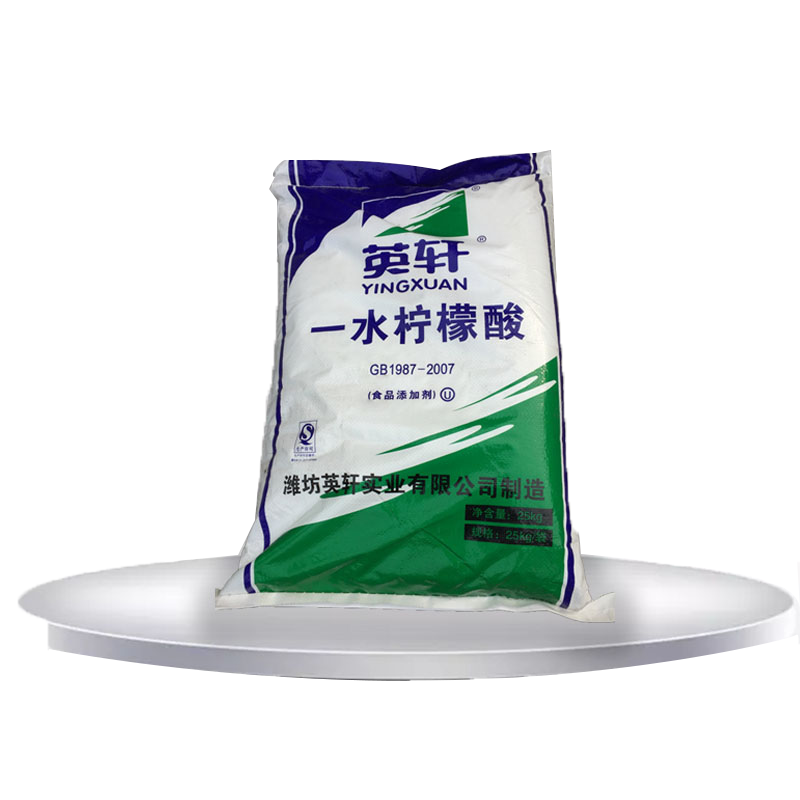- This topic is empty.
-
AuthorPosts
-
10/06/2025 at 16:51 #3978
As skincare science evolves, more consumers and cosmetic formulators are turning to proven, naturally derived ingredients to improve skin health and appearance. One such ingredient that has stood the test of time is citric acid — a gentle yet effective alpha hydroxy acid (AHA) commonly found in citrus fruits.
Behind the scenes, chemical suppliers like Tiancheng Chemical play a vital role in delivering high-purity citric acid and other cosmetic-grade raw materials to global manufacturers. With a strong focus on quality control, systematic management, and responsive service, Tiancheng ensures that this multifunctional ingredient meets the highest standards required for skincare applications.
In this blog, we’ll explore what citric acid is, how it benefits the skin, and how it should be used in cosmetic products.
What Is Citric Acid?
Citric acid is a naturally occurring organic acid found in citrus fruits such as lemons, oranges, and limes. In skincare, it belongs to the AHA (Alpha Hydroxy Acid) family — known for their exfoliating and pH-adjusting properties.
In cosmetic formulations, citric acid is typically used in low concentrations (0.1% to 10%) and is considered safe and effective when used correctly. Tiancheng Chemical supplies high-purity, pharmaceutical- and cosmetic-grade citric acid that is suitable for use in creams, serums, cleansers, peels, and masks.

Key Benefits of Citric Acid in Skincare
1. Gentle Exfoliation
Citric acid helps remove dead skin cells from the skin’s surface by breaking down the bonds that hold them together. This promotes cell turnover, leading to smoother, brighter skin and a more even complexion.
2. Skin Brightening
By sloughing off dull, pigmented skin layers, citric acid helps to reduce dark spots, sun damage, and hyperpigmentation, revealing fresher, more radiant skin underneath.
3. Balances Skin pH
Many skincare products are formulated to maintain a slightly acidic pH (around 4.5 to 6.0) to support the skin’s natural barrier. Citric acid acts as a pH adjuster, ensuring formulations are balanced and effective without disrupting the skin microbiome.
4. Boosts Antioxidant Protection
Citric acid contains natural antioxidant properties, which help to neutralize free radicals and protect the skin from environmental damage such as UV rays and pollution.
5. Enhances Product Stability
Aside from its skincare benefits, citric acid also functions as a preservative stabilizer, preventing the degradation of active ingredients and extending the shelf life of formulations.
Common Skincare Products That Use Citric Acid
Citric acid is a versatile ingredient found in a variety of skincare products, including:
Cleansers and facial washes – to gently exfoliate and refresh the skin
Toners and chemical exfoliants – to brighten and smooth uneven tone
Peeling gels and masks – for weekly deep exfoliation treatments
Moisturizers and serums – to refine skin texture and support hydration
Anti-aging products – to improve skin elasticity and reduce fine lines
Tiancheng Chemical’s customized ingredient supply solutions allow cosmetic manufacturers to source citric acid in various grades and packaging forms to suit their production needs.

How to Use Citric Acid Safely in Skincare
When using citric acid, formulation and concentration are critical:
Low concentrations (0.1% – 2%) are ideal for daily use in cleansers, moisturizers, or toners.
Moderate concentrations (2% – 5%) are suitable for exfoliating masks or night creams.
High concentrations (up to 10%) may be used in professional peels, but should be handled by trained professionals.
To avoid irritation:
Always patch test new products
Use sunscreen, as AHAs can increase sun sensitivity
Avoid combining with other strong acids or retinoids unless advised by a dermatologist
Tiancheng Chemical provides technical support and documentation, helping formulators determine optimal concentrations and uses in different product types.
Why Quality Matters: The Tiancheng Chemical Advantage
As a reliable supplier of chemical raw materials, Tiancheng Chemical is committed to supporting cosmetic brands with:
Strict quality control protocols to ensure product safety and purity
Traceable sourcing and compliance with global cosmetic regulations (such as REACH and FDA)
Flexible order fulfillment and responsive customer service
Innovative raw material solutions tailored to the needs of skincare and beauty brands
By partnering with a professional supplier like Tiancheng, manufacturers can be confident in the efficacy, safety, and consistency of their formulations.

Conclusion
Citric acid may be a humble ingredient, but it plays a critical role in modern skincare — from gentle exfoliation to pH regulation and antioxidant support. When sourced from a reputable supplier like Tiancheng Chemical, it becomes a powerful, multifunctional tool in the hands of formulators aiming to create effective and elegant products.
As the skincare industry in 2025 continues to trend toward clean, science-backed, and performance-driven ingredients, citric acid stands out as both timeless and timely — a quiet hero in the pursuit of healthy, radiant skin.
Understanding the Functions of Citric Acid in Food, Pharma, and Beyond
http://www.yyhg600.com
Tiancheng -
AuthorPosts
- You must be logged in to reply to this topic.